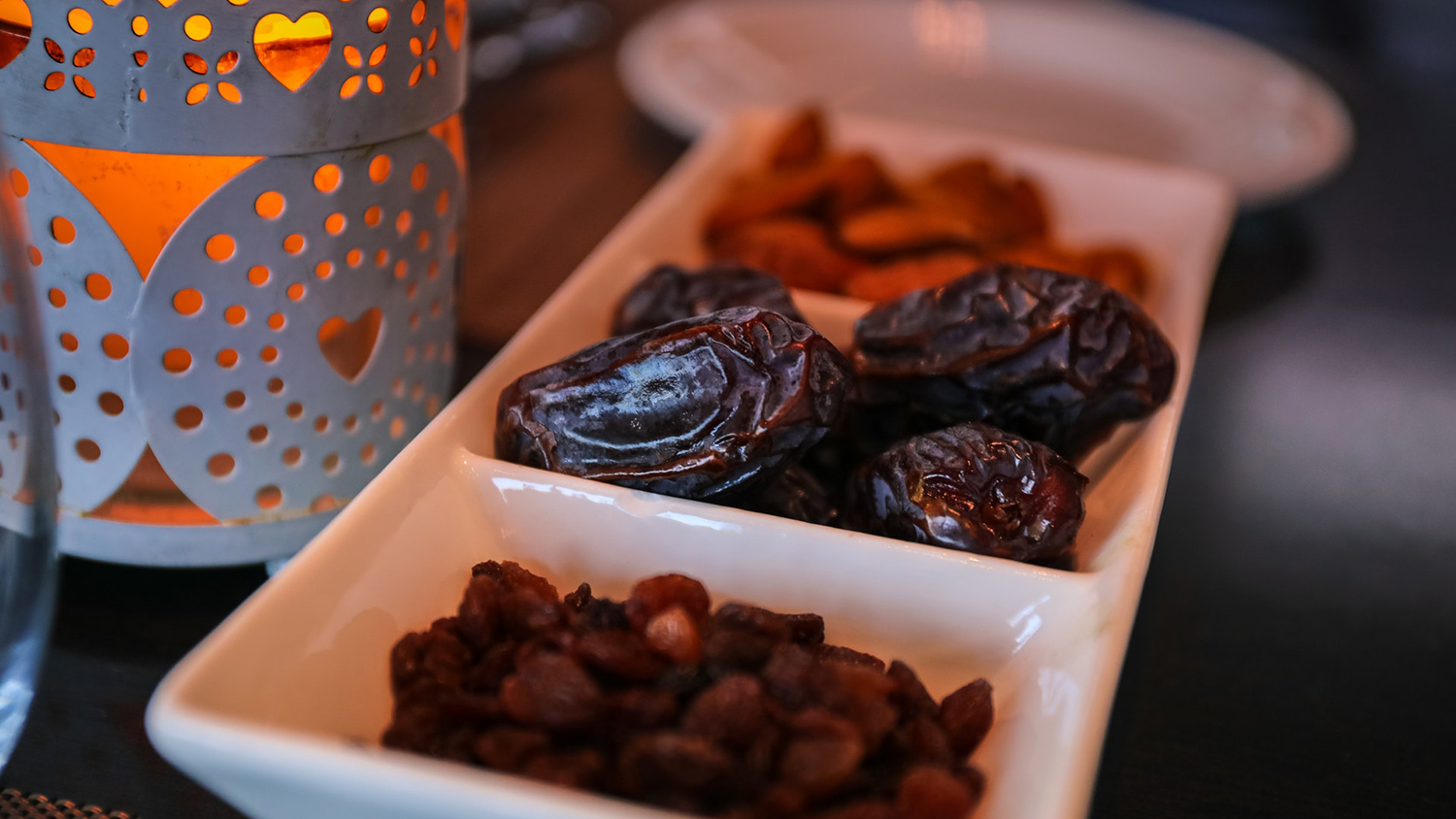Muslim Community Celebrates Ramadan During the Pandemic

Last month marked the beginning of the Islamic holy month, Ramadan. This month of religious observance, celebrated April 23 to May 23 this year, is the ninth month of the Islamic calendar. The dates of Ramadan change every year because Islam follows the lunar calendar.
For Muslims, Ramadan represents a period of reflection and growth. During the month of Ramadan, Muslims strengthen their relationship with God and their faith by praying, reading the Quran, engaging in charity work and fasting from sunrise to sunset. The breaking of the fast, or iftar, at sunset usually involves large gatherings where friends and family come together for meals; however, traditions like this, and others, are going to look a bit different now.
This year, the coronavirus pandemic has changed how Ramadan is celebrated.
Recent graduate and former board member of the Muslim Student Association at NC State Sinthia Shabnam recognizes how Ramadan has been impacted by the pandemic and has had to adapt.
“We’ve been faced with a really unique challenge, which is celebrating one of the most unifying times of the year in isolation,” says Shabnam.
The Muslim Student Association has quickly adapted to the changes to everyday life and has continued to support the Muslim community by holding its remaining general body meetings via Zoom and serving as a resource for anyone who needs it.
Many organizations and mosques have also gone digital to engage with Muslim communities across the globe. Online webinars and video conferences are becoming more common during this time.
“Youth groups are doing programs online now on different Islamic themes, like how our previous prophets dealt with hardship, and other religious topics,” says Shabnam. “And I am in a Quran journaling class online — so it’s bullet journaling that incorporates the Quran.”
Prayers have also been heavily impacted by the virus. Every evening during Ramadan, extended prayers, called taraweeh, take place and help to bring the Muslim community together. These communal acts of worship are held in the belief that there is greater reward for prayers made in congregation. However, due to stay-at-home orders and social distancing, mosques have closed.
As the Muslim community balances restrictions with traditions, members have demonstrated their adaptability and devotion to their faith.
“Our community has been pushed to be creative, resilient and really positive during this time. It has been a wake-up call for us to ask what kind of relationship we have with one another and with God,” says Shabnam.
Learn More
- A Ramadan etiquette guide for non-Muslims (CNN, 2019)
Jenna Nabors (she/her) is a third-year student majoring in communication and international studies and is a Park Scholar. Share your thoughts about this article on Twitter at @NCStateOIED.


